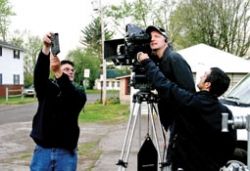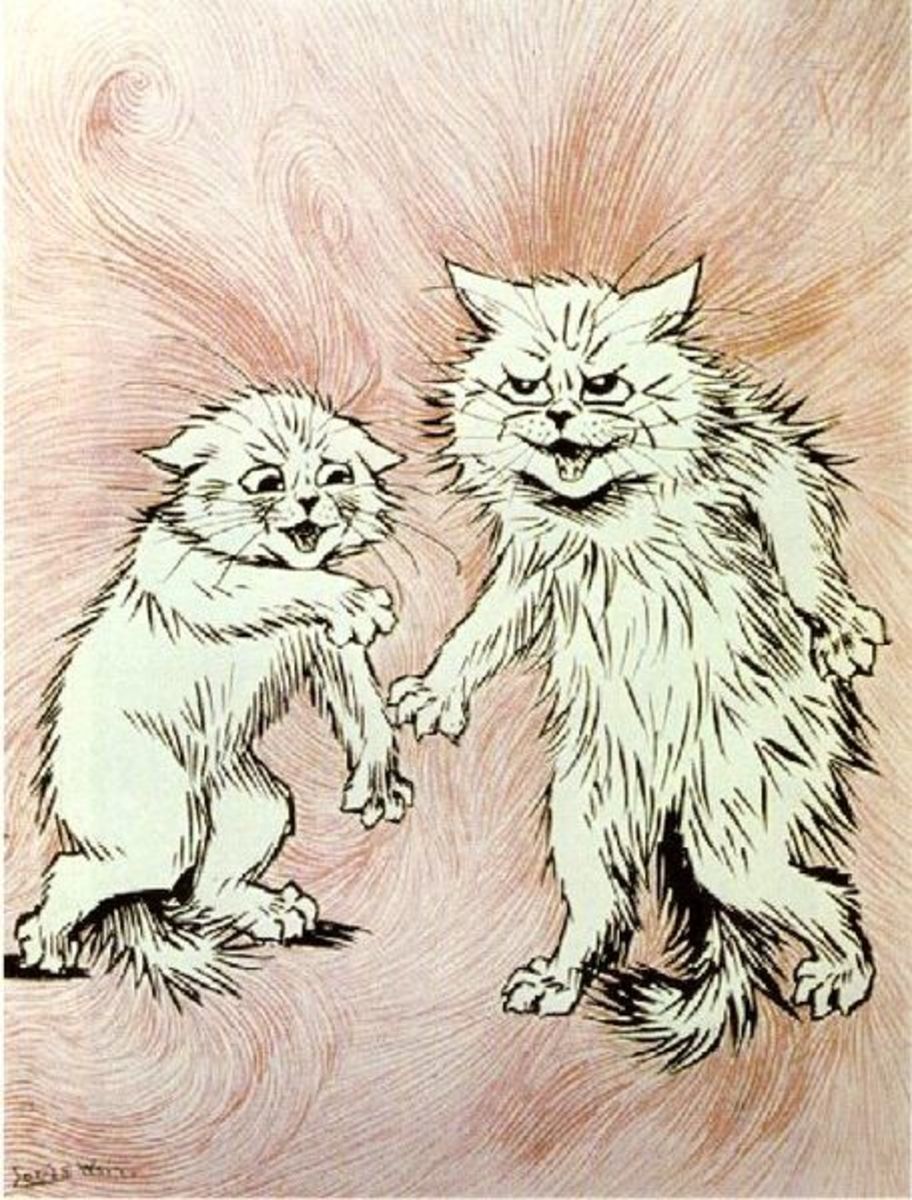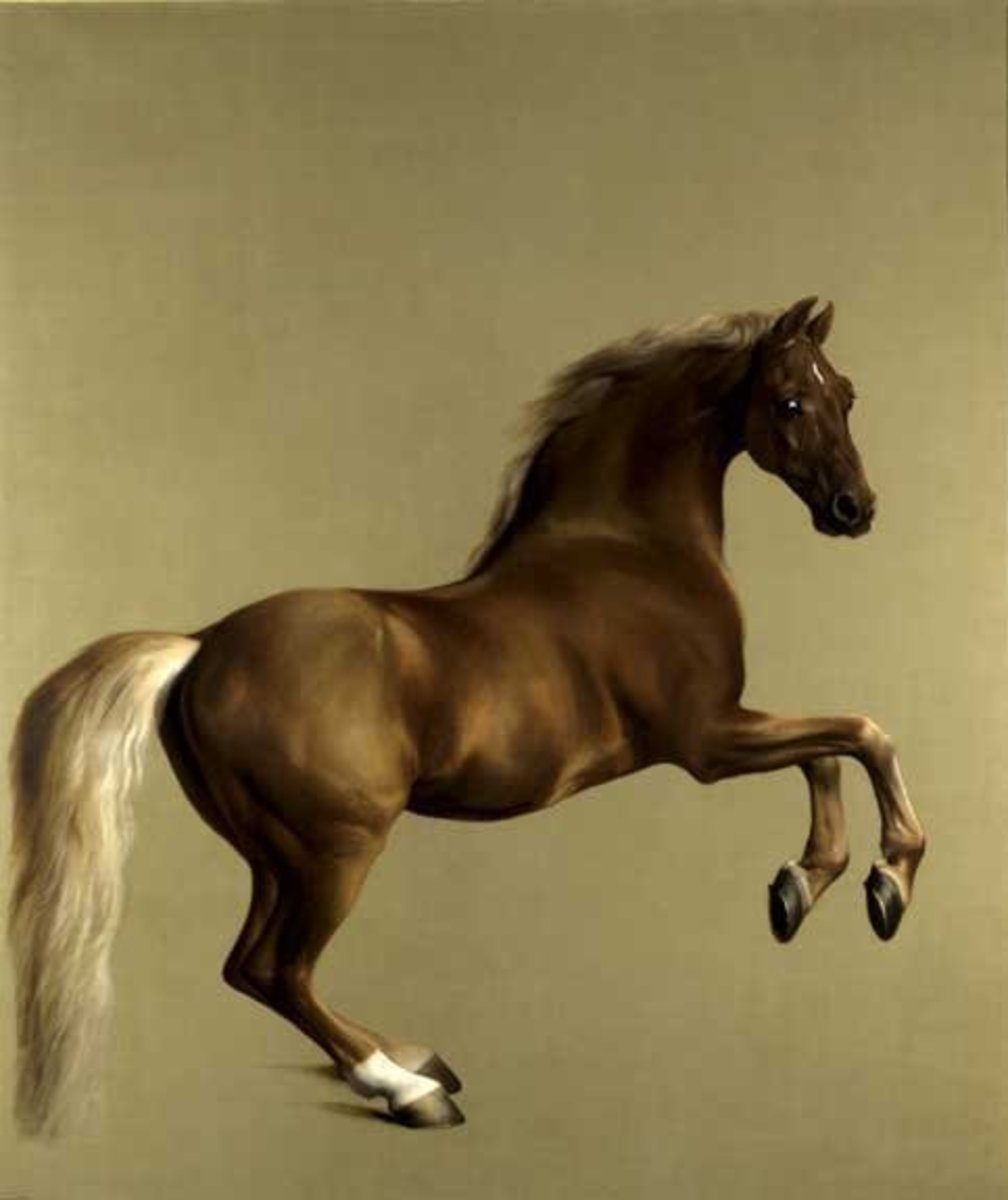How to Tell a Visual Story

What is filmmaking all about?
Filmmaking is the process of making a film, a movie, a video.
It's a collaborative art and the process is one where the film gets written many times before you end up with a finished print.
All film elements must work together to support the story.
If you, the filmmaker or videomaker, keep this in mind, throughout the whole production, you will have a high probability of making a great movie!
“Filmmaking is about story telling,
filmmaking is visual storytelling”
An example of visual storytelling - Actors, Cinematography, Editing, Music and Script Support The Story
The best book on the subject, hands down!


What's important in filmmaking?
As a low-budget independent filmmaker, you wonder what will make your film successful? You wonder which elements you should invest your money in?
All elements in a film are somewhat important as they are dependant on each other. However, there are elements that are essential for the film to be successful.
Even if you are on a low budget, you can still achieve good production values by "investing" in the following key elements.
Key Elements in a Film
In my opinion, these are the most significant elements in a film. The ones at the top are indispensable as they are presented in order of importance:
- The Script/Screenplay
Without a story, we have no film, even if we have the best actors and/or production.
- The Actors
Actors usually play fictional characters. When an actor is miscast, it's harder for the audience to suspend belief, in other words believe that the actor is indeed the character.
- The Editing
The images themselves are not sufficient. They're very important, but they're only images. What's essential is the duration of each image and that which follows each image. The editor is the ultimate story teller.
- The Cinematography
It's the discipline of making lighting and camera choices when recording images for the cinema. The person responsible for a feature being correctly lit, shot and framed, is also known as the Director of Photography (DP or DOP).
- The Direction
The director is the leader who shapes the visual part of the story telling and creates the tone and style as well as guide the actors' performances. The decision maker.
- The Sound
The sound is said to be equal or more important than the picture. It's composed of dialog, music and sound effects.
- The Location
The accuracy and mood of the movie depend on where it is shot.
- The Casting
The casting director finds actors for the parts in the script. This normally requires an audition by the actor. Lead actors are carefully chosen and are often based on the actor's reputation or "star power."
- The Continuity
Consistency of the characteristics of persons, plot, objects, places and events. It's particularly a concern in the production of a film due to the difficulty of rectifying errors after shooting has completed. This is handled by a script supervisor.
- The Art Direction
The art department makes production sets, costumes and provides makeup & hair styling services.
Video Clips on Filmmaking
What Is The Most Important Element in a Film?

Learn Filmmaking by Watching Movies
A more entertaining way to learn!
One of the best ways to learn how to make movies, is by watching films. The more you know about the art of filmmaking, the more you will learn. You name it, you can learn about it: scriptwriting, directing, editing, sound, lighting, shot selection and so many other things.
With film appreciation you will develop your power of observation, establish habits of perceptive watching, and discover complex aspects of film art that will further enhance your enjoyment of watching movies.
Just keep watching...
Articles, Stores and Video Clips on Filmmaking
- Billy Wilder: 10 Screenwriting Tips
Billy Wilder was one of the greatest writer/directors in film history, having co-written and directed such classics as Sunset Boulevard, Some Like it Hot, The Apartment, and Double Indemnity. What screenwriter wouldn't want a little advice from him? - 10-Minute Film School
Article by Guerrilla Filmmaker Robert Rodriguez. - Filmmaking Film School
This is where you enter the online, filmmaking film school. Get started right now finding the great story idea, turning it into a killer screenplay, shooting and editing your film, and finding your audience. - Move Beyond Amateur Filmmaking
Wanna be a filmmaker? Just grab your DV camera and start shooting, right? Well, if you want to produce something more professional than a glorified "home video," it's not that simple. Article by Susan Boyer. - The Director's Chair ezine
This page contains links to a series of filmmaking articles that were written for the monthly ezine, The Director's Chair.










